Category: Articles
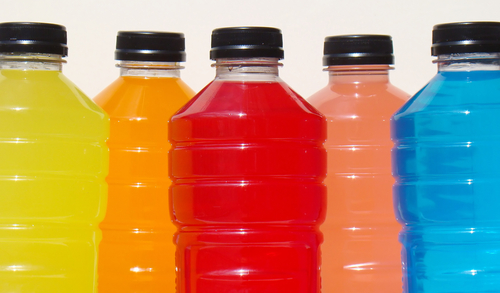
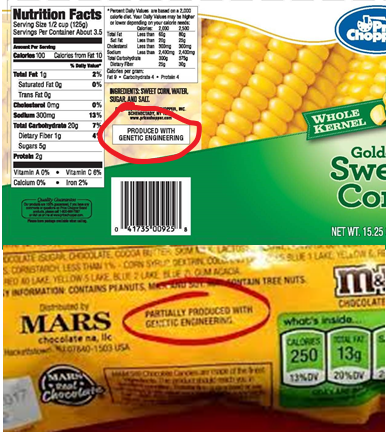
Food Labeling Changes to Know About : Genetically Modified Ingredients
by Nancy Weyrauch Mehlert, MS
Read More
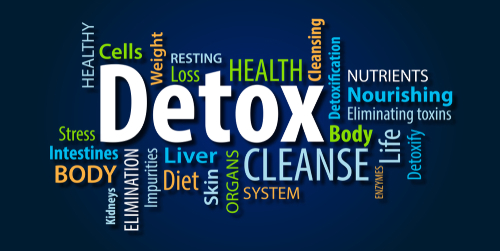

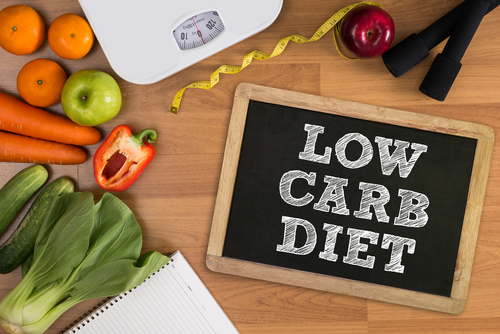


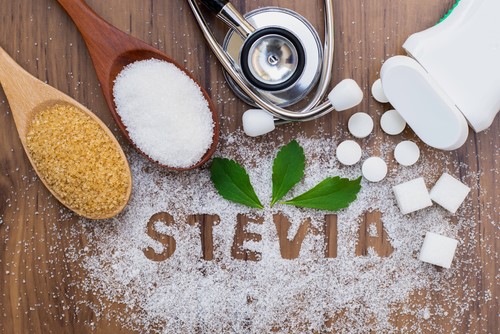

Take Charge of Your Health
We believe in empowering you to be an active participant in your health journey. With our guidance, simple lifestyle adjustments can yield profound results. Let us be the bridge to a healthier, happier you.
SCHEDULE AN APPOINTMENT